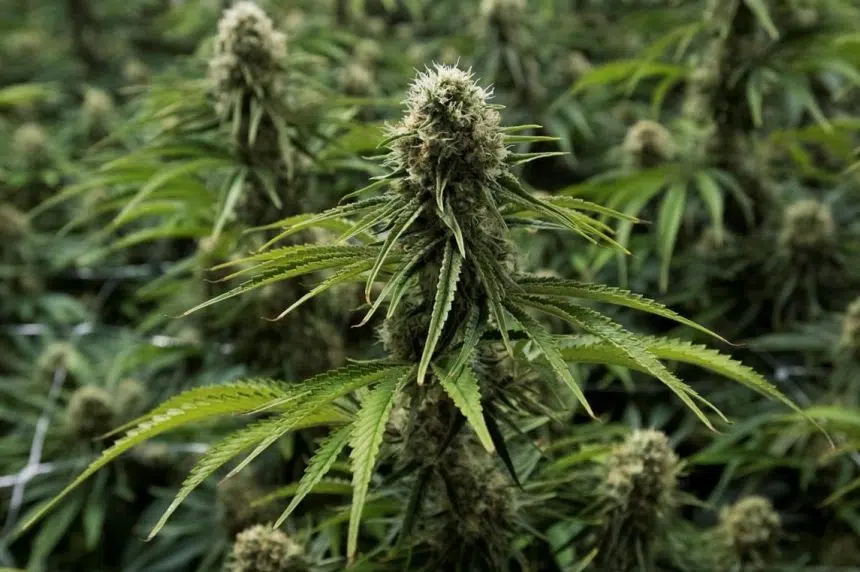A cannabis store CEO and lawyer wants the federal government to revisit laws it made five years ago when legalizing cannabis.
Kirk Tousaw, the CEO of Great Gardiner Farms Ltd., spoke with Gormley on Tuesday about the five years that cannabis has been legal.
“I think that it was a revolutionary and stark change, and an important and a necessary one,” Tousaw said.
Tousaw is also a cannabis lawyer who spent many years advocating for pot to be legalized. He said some days he thought it was never going to happen.
Prior to the legalization of cannabis in 2018, Tousaw said there was a “thriving” underground cannabis market.
When any new legal industry starts up, there is going to be a boom-and-bust cycle. Tousaw explained that a lot of struggles in the industry came with the federal government’s decision to legalize and heavily restrict and regulate with different rules.
“We deal with a paperwork burden in this industry that is really out of proportion to any culpable industry. At the end of the day, our product is reasonably safe,” said Tousaw.
After five years of legalization, Tousaw says it’s time to revisit some of what he called the “regulatory burdens” that are imposed on the industry.
“I don’t think this is a big ask. Treat us the same as we treat alcohol in this country,” he said.
Other cannabis stores in Saskatchewan have seen an uptick in business in recent years since pot was legalized.
Canada was the second country to legalize pot behind Uruguay in 2013.
There are 176 licensed shops in 75 communities in Saskatchewan, according to the Saskatchewan Liquor and Gaming Authority.
Saskatoon has 37 stores, followed by Regina with 32. Yorkton, Moose Jaw and Estevan have four shops each, Weyburn, Swift Current, Prince Albert, North Battleford, Meadow Lake and Humboldt have three each, and Indian Head, La Ronge, Lloydminster, Martensville, Melfort, Nipawin, Rosthern, Shaunavon, Warman, Watrous and Wynyard have two shops each.
The remaining 55 stores are dispersed among smaller communities.
Since cannabis’ legalization, Saskatchewan has made $100 million in total tax revenues.
Cannabis-impaired driving charges are not disclosed by the Ministry of Justice from other alcohol or prescription drug-related charges, but cannabis has been more prevalent than alcohol in recent police check stops.
In the past five years, there have been improvements in equipment that can test for cannabis use.
Tousaw is optimistic about improving cannabis regulations in the years to come.
“I think it has been a tremendous success. (There’s) still work to be done, but (it’s been) a tremendous success,” he said.











